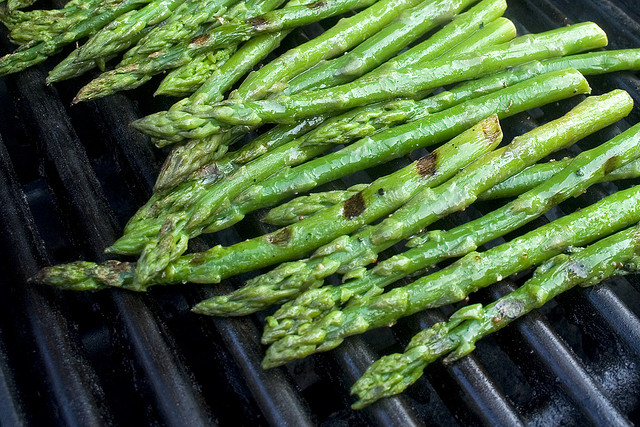The power in starting over.
Today’s object is a song that most people in your congregation will know if they grew up or reared children anywhere between 1960 and the 1997. That should cover most of your congregation!
It is a song designed to be annoying and therefore it is great fun for children. It was featured on popular children’s shows. Ask your adults to remember the thrill of annoying their parents.
You can learn the song here. 9 minutes of it. I dare you to listen to the end.
You see, This Is the Song that Never Ends. It just goes on and on my friends. Some people started singing it not knowing what it was. And they’ll continue singing it forever just because. This is the Song that Never Ends . . . .
Which brings us to Christ the King Sunday.
This Sunday is the last Sunday of the Church year. It brings us as God’s people to a predictable end.
Jesus suffers and dies. Jesus the King of the Jews.
But is this really the end?
Let’s look at each of today’s lessons.
We start with Jeremiah’s admonition to religious leaders who create separation among the people who live under their authority. (Hmm!)
We move on to the poignant cry for help in Psalm 46 that ends with the quiet reassurance. “Be still and know that I am God.”
The letter to the Colossians promises strength at the same time that it warns of suffering.
And then we read the wrenching story of Jesus on the cross. His parting words are words of acceptance and love for those who are dying with him—and for those who are killing them.
Jesus leaves none of them without hope. God will be there for them. Promise.
Each passage is a story of strength found in starting over, trying again, figuring out where we went wrong, returning to the source of all our strength, and the assurance that God will be there to guide us.
It’s the end of the Church Year.
But come back next week. We’ll start all over again.
Assure your congregation that one of God’s promises is redemption. That means there is always a second chance—a chance to make things right with God and with one another.
Have fun with your congregation. Sing The Song that Never Ends. If you can manage, segue into a hymn that reinforces the theme of today’s message: We will find strength in God’s acceptance and redeeming love over and over again.
Just As I Am, Without One Plea would work.
Just as I am, without one plea,
but that thy blood was shed for me,
and that thou bidst me come to thee,
O Lamb of God, I come, I come.
Just as I am, and waiting not
to rid my soul of one dark blot,
to thee whose blood can cleanse each spot,
O Lamb of God, I come, I come.
Just as I am, though tossed about
with many a conflict, many a doubt,
fightings and fears within, without,
O Lamb of God, I come, I come.
Just as I am, poor, wretched, blind;
sight, riches, healing of the mind,
yea, all I need in thee to find,
O Lamb of God, I come, I come.
Just as I am, thou wilt receive,
wilt welcome, pardon, cleanse, relieve;
because thy promise I believe,
O Lamb of God, I come, I come.
Just as I am, thy love unknown
hath broken every barrier down;
now, to be thine, yea thine alone,
O Lamb of God, I come, I come.
So would the Hymn of Promise by Natalie Sleeth which is finding its way into hymnals.
Hymn Of Promise Hymn
In the bulb there is a flower; in the seed, an apple tree;
In cocoons, a hidden promise: butterflies will soon be free!
In the cold and snow of winter there’s a spring that waits to be,
Unrevealed until its season, something God alone can see.
There’s a song in every silence, seeking word and melody;
There’s a dawn in every darkness, bringing hope to you and me.
From the past will come the future; what it holds, a mystery,
Unrevealed until its season, something God alone can see.
In our end is our beginning; in our time, infinity;
In our doubt there is believing; in our life, eternity,
In our death, a resurrection; at the last, a victory,
Unrevealed until its season, something God alone can see.











